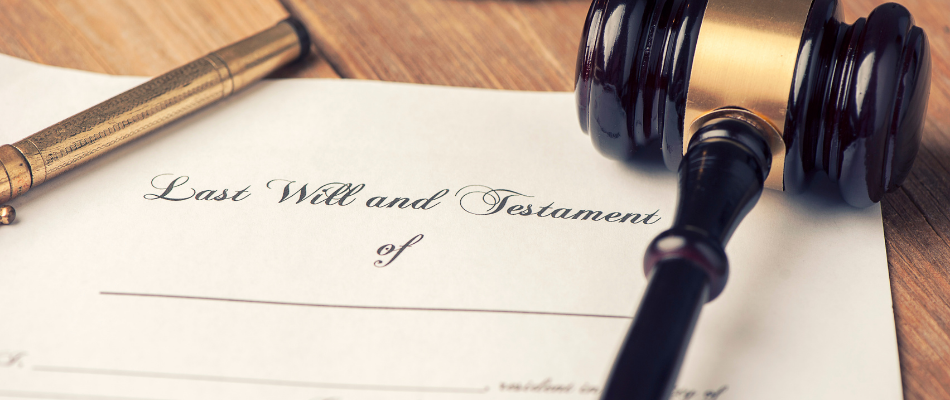The do’s and don’ts around drawing up a will may seem old-fashioned and outdated, but they are ultimately there to ensure that your last wishes are respected without someone trying to take advantage of your passing. Before diving into the do’s and don’ts of drawing up a will, let us first understand some important terminology.
Testator: This is the person whose will is being referred to. They are the person who signs the will and whose assets are being dealt with in the will.
Bequeath: The act of leaving something to someone in your will.
Beneficiaries: The person/s to whom assets have been bequeathed in a will. They do not have a legal right to anything that the testator wishes to bequeath to them until the executor has approved the distribution. An executor is responsible to first settle any debt owed in the estate, and it may mean that they have to distribute assets that were bequeathed to the beneficiaries in the will to creditors or sell some of the assets of the testator to pay creditors.
Heir: An heir is someone who holds a legal right to benefit either in terms of a will or according to the laws of intestate succession.
Intestate: This is the term used to refer to the situation where someone dies without a valid will and thus their estate will be distributed according to the Intestate Succession Act.
Do’s
- Your will must be in writing, either typed or handwritten. No verbal agreement can be considered a will.
- The testator must be 16 years or older.
- Your will must be signed in the presence of at least two competent witnesses, who are present at the same time and also in the presence of the testator. These witnesses must at least be 14 years old and may not be beneficiaries, or spouses of the beneficiaries, of the will in question. If a beneficiary or their spouse is one of the two witnesses of a will, they will not be allowed to inherit from the will. If a beneficiary or spouse of a beneficiary was a third witness who signed the will, they will be allowed as beneficiaries of the will.
- Although the witnesses are not required to sign each page, it is advised that they do so to avoid any doubts about the validity of the will. The witnesses are however legally required to sign the last page of the will. The signatures can be made anywhere on the last page, but it is recommended that they are made below or as near as possible to the last line of the will. The witness’ role is to witness the signature of the testator or the person signing on the testator’s behalf, and it is therefore not necessary for the witnesses to read the will.
- If the will is more than one page, the testator has to sign every page of the will. The last page must be signed in full and not only initialed.
- Although it is not a legal requirement for the will to be dated, make sure to add a date as it will ensure that when a new will is drawn up, it is clear which will is indeed your last and final will and testament.
- If a testator cannot sign their will for whatever reason, they can sign a will by making a mark or a thumbprint in the presence of at least two competent witnesses and a commissioner of oaths. The commissioner of oaths must then certify the will and sign each of its pages. Note that witnesses may not sign by making a mark or thumbprint.
- Keep your original will in a safe place. It is advised to make and sign two copies and to keep them safe at separate places.
- Keep your will up to date and relevant to ensure it reflects your current circumstances and wishes.
- Make sure to also include in your will provisions for what should happen to an asset should the nominated beneficiary be predeceased.
Don’ts
- The Master of the High Court will not accept a certified copy of a will. If there is no original will available, the estate will devolve according to the Intestate Succession Act, unless you lodge an application to the High Court to accept the copy as a valid will and the Court grants an order to that effect. This is a lengthy process and should be avoided at all costs.
- An e-will that is signed electronically will not be accepted. Make sure that your will is printed out and that it has wet signatures on it.
- You cannot (as with any contract) include anything in your will that is contrary to public policy, illegal, immoral, against common law principles or contrary to the Constitution.
When should you get professional assistance to draw up your will?
Unless your circumstances are absolutely simple and straightforward, it is advised to seek professional help to draw up your will. Below is a list of some factors that may add complication when drawing up your will.
- You have a business
- You are married or divorced
- You have a life partner but are not legally married
- You have minor children (under the age of 18 years)
- You have handicapped dependents
- You have international assets
Having a will is the cornerstone of estate planning and it is important to make sure that you do not only have a will, but that you do also have a valid will that the Master will consider as your last wishes.








